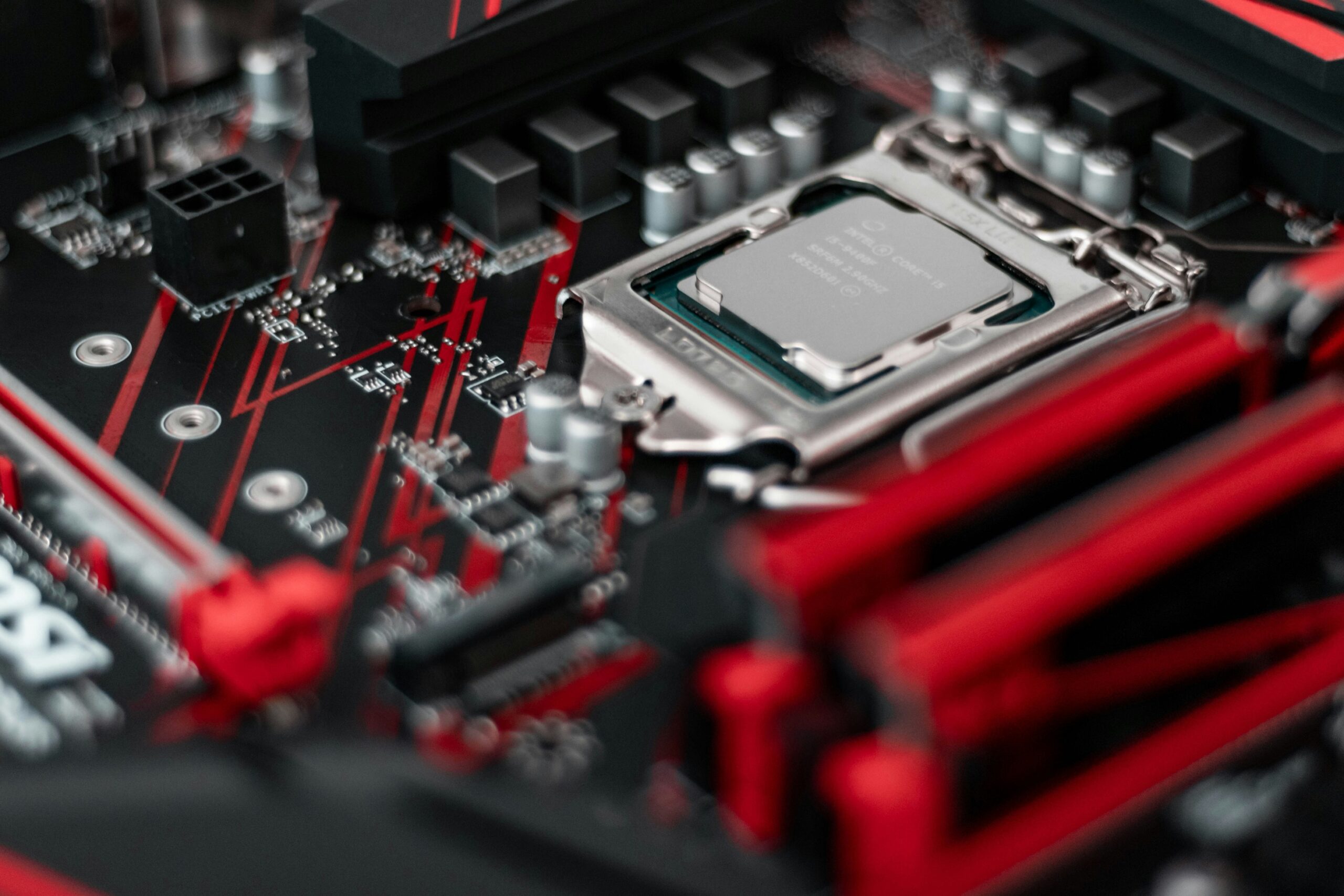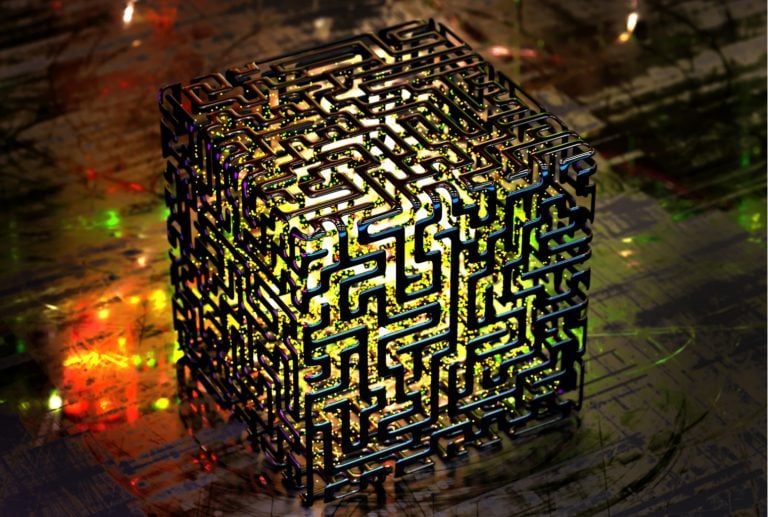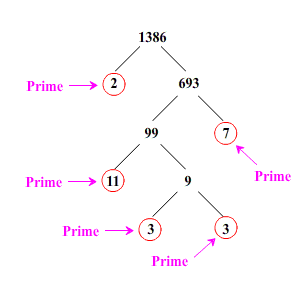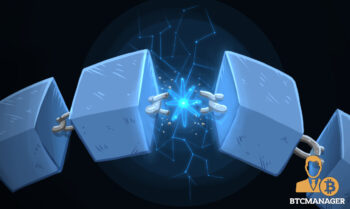
2024-12-3 17:41 |
Quantum computing, an emerging technology that operates on principles of quantum mechanics, has sparked discussions about its potential impact on cryptocurrency security.
With unparalleled computational power, quantum computers could eventually challenge the cryptographic protocols that underpin digital currencies, though such capabilities remain years away.
How quantum computing differs from classical technologyQuantum computers leverage qubits—quantum bits that can exist in multiple states simultaneously due to quantum phenomena like superposition and entanglement.
Unlike classical computers, which process data in binary (0 or 1), quantum systems can perform complex calculations exponentially faster.
For example, Grover’s algorithm and Shor’s algorithm are theoretical quantum tools that could transform problem-solving in cryptography.
Grover’s algorithm could reduce the time needed to mine cryptocurrency, while Shor’s algorithm might efficiently decrypt private keys, exposing digital wallets to unauthorized access.
Potential implications for cryptocurrencyEncryption vulnerabilities: Cryptocurrencies rely on public and private key encryption to secure transactions and maintain trust.
These keys are generated using mathematical functions that are nearly impossible for classical computers to reverse-engineer.
However, with quantum computing and cryptocurrency increasingly becoming intertwined in discussions about future risks, quantum algorithms could feasibly break these encryptions, threatening the very foundation of blockchain security.
For instance, Shor’s algorithm could unravel private keys from public ones, effectively granting bad actors access to funds and transactions.
This potential vulnerability is a critical concern for the cryptocurrency industry.
Mining power imbalance: Quantum computers could also disrupt the decentralized nature of cryptocurrency mining.
Mining rewards those who solve computational puzzles first, validating transactions on the blockchain.
The speed and efficiency of quantum machines could allow those with access to dominate mining operations, centralizing power and undermining the core ethos of cryptocurrencies.
Current state of quantum computing: While the theoretical threats are significant, quantum computing remains in its developmental stage.
Current systems are error-prone and highly sensitive to external factors such as temperature and radiation. These challenges limit their practical applications for now.
Moreover, quantum computers are accessible primarily to research institutions and tech companies, with mass deployment still a decade or more away.
Until quantum machines become scalable and reliable, their real-world implications for cryptocurrency security remain speculative.
Cryptocurrency’s response to quantum risksRecognizing the potential risks, the cryptocurrency industry is taking proactive steps to prepare for a quantum future.
Developers are exploring quantum-resistant cryptographic algorithms, such as lattice-based cryptography and hash-based signatures, which are designed to withstand quantum attacks.
In addition, some projects are already working on quantum-resistant blockchains.
These initiatives aim to future-proof digital assets by incorporating encryption techniques that remain secure even against advanced quantum computations.
Looking aheadQuantum computing represents both an opportunity and a challenge for the tech world, including cryptocurrencies.
While the technology’s potential to disrupt current encryption standards is significant, its practical implementation is still years away. In the meantime, the cryptocurrency sector is evolving to mitigate these risks, ensuring that blockchain systems remain secure.
The interplay between quantum computing advancements and cryptographic innovations will play a pivotal role in shaping the future of decentralized finance and digital security.
The post Could quantum computing disrupt cryptocurrency encryption? appeared first on Invezz
Similar to Notcoin - Blum - Airdrops In 2024
Quantum (QAU) на Currencies.ru
|
|






























